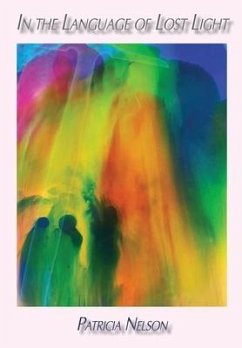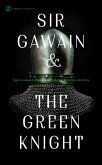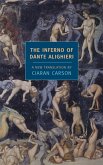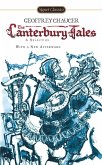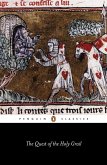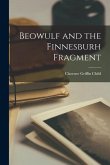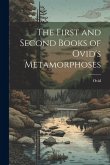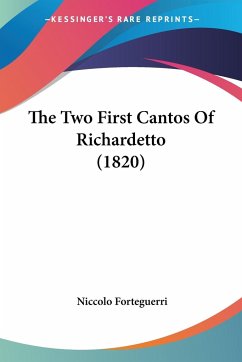"For those who enjoy poetry as parable, In the Language of Lost Light illustrates one truth after another. For those who enjoy heraldry and pageantry, legend and lore, it revisits our most familiar recitals. Delve into timeless truths set in the tradition of Arthur, the metaphysical framework of Dante-and in the here and now." The Activist Group, formed in the 1930s around Lawrence Hart, might be described as neo-Modernists. The Activist credo is that every word in a poem should be poetically "active," employing some kind of highly focused poetic technique-a principle not as self-evident as it might sound. Among the group's signature techniques are clusters of intense metaphoric imagery and a preference for associational, rather than narrative organization. Patricia Nelson has worked with the "Activist" group of poets in California for many years. In the Language of Lost Light follows the Activist credo. "Once again, Patricia Nelson grips the conscience with things beyond our grasp, holds us tight in suggestion, white space, and open air. Here's a study of the thin line between the essence and the interpreted, drawn out in quiet awe and wonder." (Material drawn from Jeff Santosuosso.)

